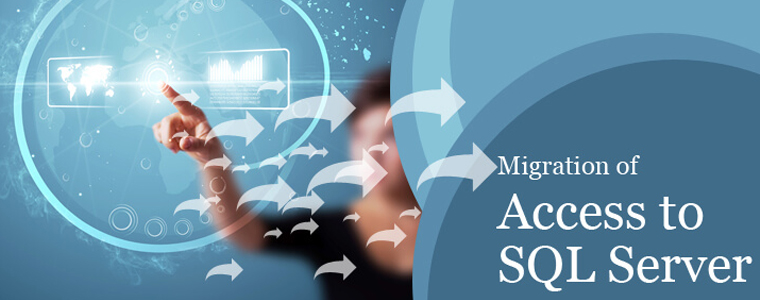
By Imran Salahuddin | Published on December 16th, 2015 | Last updated on June 25th, 2019 |
Today’s organizations require large databases that can scale well with rapid business demands and provides support to more users. At some point you will recognize that your Microsoft Office Access database won’t meet your business demands. So migration is necessary to keep your business rolling. Which database should I migrate? What are the benefits? Let’s discuss.
MS SQL Server provides better performance when compared with MS Access database. MS Access databases are limited to a size of 2 gigabytes whereas MS SQL Server offers large terabytes sized databases that fit your growing business demands. SQL Server efficiently handles multiple queries in parallel by using multiple native threads within a single process. Moreover, SQL provides better security by using role based security that can be integrated with the Windows operating system. Now, the next question that arises will be how well SQL Server handles transactions and recovers from a system crash?
SQL Server handles transactions with two phase commit and allows several replication models. SQL Server provides high availability as it allows to back up your databases while they are running, also SQL Server database can be brought back online quickly during system crash or power outage without data loss. Here we list the benefits of upsizing your database to Microsoft SQL Server:
Before upsizing your Access database, make sure you have adequate disk space, and back up the database without fail. To update your tables, ensure that you add a unique index to each Access table. Also, set SQL Server database permissions appropriately. For carrying out migration, you can make use of the upsizing wizard to move database objects and data from Access database to new or existing SQL Server database. Here we list the three ways of using Upsizing wizard for Access migration:
We have provided you the details of migration Access to SQL Server using upsizing wizard, the process requires skilled resources having sound technical knowledge in Access and SQL Server.
For more details on migration techniques and strategies, contact Us.